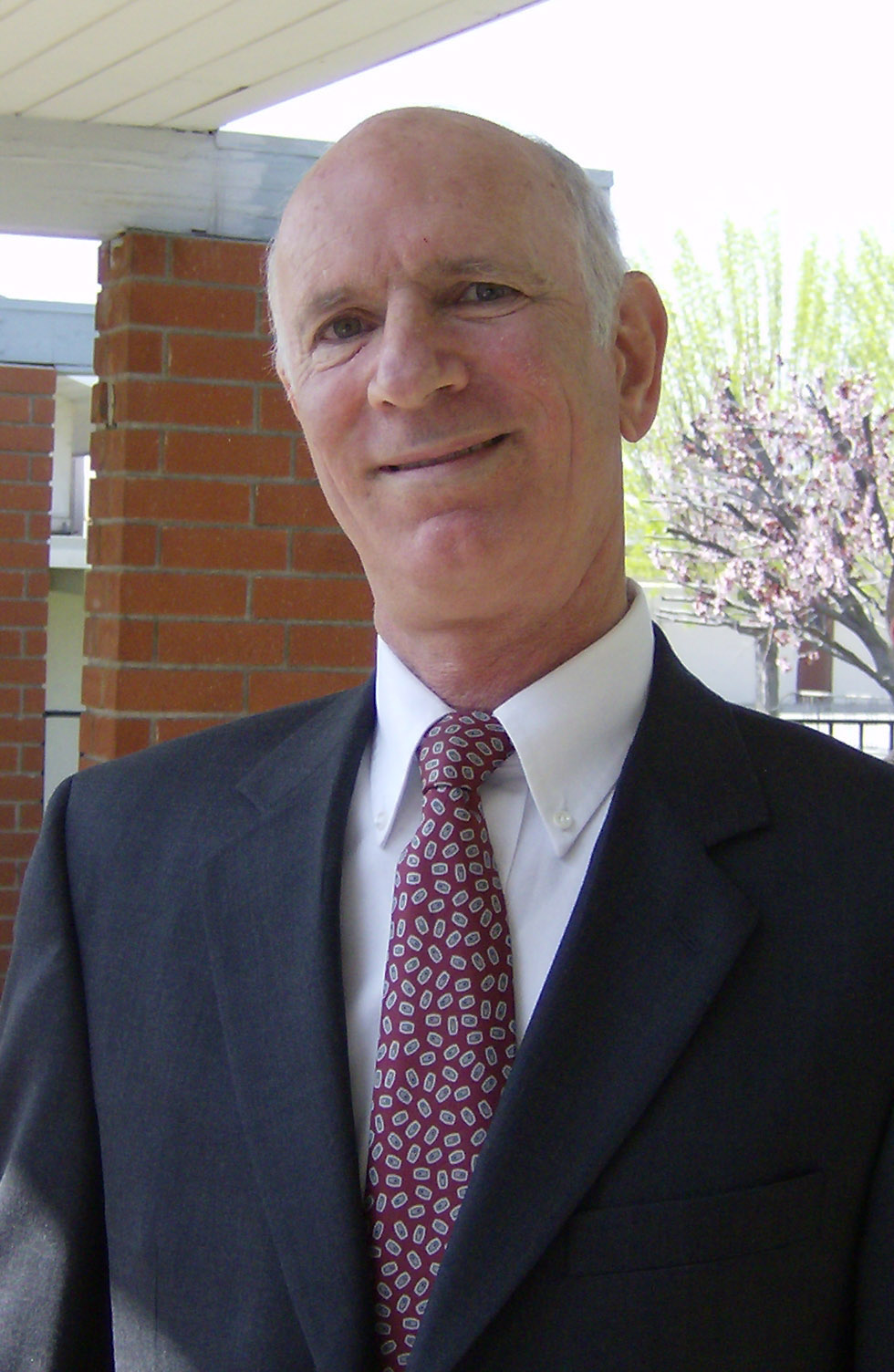(16:07 + Q&A) Alfonso R. Cabrera-Galicia, Forschungszentrum Jülich GmbH -- Presentation from 2023 Workshop on Quantum Computing: Devices, Cryogenic Electronics and Packaging (QC-DCEP) ...
Summary: The ICs belonging to a quantum computer need stable and regulated supply voltages for proper operation, e.g. the phase noise of RF oscillators is dependent on their power supply quality. Moreover, the power supply needs of a large scale QC will be challenging to satisfy by simply using supply lines connecting the ICs inside the cryostat with the power sources at room temperature. This is because voltage ripples (e.g. pulse tube vibration induced noise), ground loops induced noise and dynamic load currents may affect the ICs supply lines and compromise the QC power integrity. Furthermore, it is expected that the connection lines available in large scale QCs be scarce due to the limited cryostat space. Therefore, the usage of several lines to set different supply domains may not be possible and be a restricting factor for the QCs scalability.
This presentation will address the cryogenic power integrity topic by providing:
— A review of the power integrity challenges faced by cryogenic ICs.
— Solution approaches focused on the cryogenic setup and the use of cryogenic voltage regulators.
— Cryogenic characterization and modelling of FDSOI technology (22 nm) for ICs design.
— Design and test of cryogenic voltage references, based on cryogenic Vth saturation and Vth difference.
— Design and test of a cryogenic voltage regulator.
— Design of Digital LDOs for cryogenic applications.
— An application case: cryogenic voltage regulator applied to power the reference circuit of a cryogenic DAC used for the DC voltage setting of a Single Electron Transistor Quantum Dot
Alfonso Rafael Cabrera-Galicia develops research activities on the design and test of cryogenic electronic systems for quantum computing as PhD researcher of the Central Institute of Engineering, Electronics and Analytics, Electronic Systems – ZEA-2, Forschungszentrum Jülich GmbH, Germany.
He holds the M.Sc. degree in electronics from the Instituto Nacional de Astrofísica, Óptica y Electrónica (INAOE), México, and currently he is pursuing his Ph.D. degree at the University of Duisburg-Essen, Germany. His current research interest includes the design and test of analog integrated circuits, analog/mixed-signal processing and cryogenics.
Additional videos from the QC-DCEP Workhop can be accessed at https://attend.ieee.org/qc-dcep.
(16:07 + Q&A) Alfonso R. Cabrera-Galicia, Forschungszentrum Jülich GmbH -- Presentation from 2023 Workshop on Quantum Computing: Devices, Cryogenic Electronics and Packaging (QC-DCEP) ...
Summary: The ICs belonging to a quantum computer need stable and regulated supply voltages for proper operation, e.g. the phase noise of RF oscillators is dependent on their power supply quality. Moreover, the power supply needs of a large scale QC will be challenging to satisfy by simply using supply lines connecting the ICs inside the cryostat with the power sources at room temperature. This is because voltage ripples (e.g. pulse tube vibration induced noise), ground loops induced noise ...
 Cart
Cart Create Account
Create Account Sign In
Sign In






